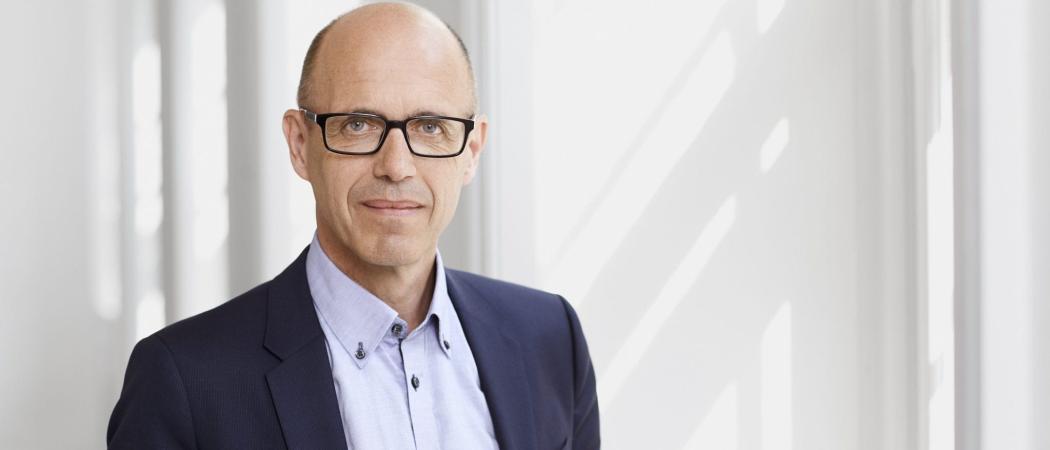Henrik C. Wegener, Rector of the University of Copenhagen, adds his voice to the chorus of leading science voices who are calling for excellent research to get its fair share of the extra €4B agreed for Horizon Europe

Henrik C. Wegener, Rector of the University of Copenhagen.
There is good news, after all.
In Brussels, they are adding the final touches to the budget for Horizon Europe, the European Union research programme for 2021-27.
The programme is Europe's foremost joint research effort and will make a huge contribution to solving our challenges with climate change, urban growth and other major societal issues facing us.
But the ambitions of this new, large-scale research programme were downscaled during the political negotiations, with the budget cut back several times.
However, in the final stages of the EU multi-year budget negotiations, Horizon Europe was boosted by a further €4 billion.
This is good news, after all.
Keep up free research
The money has not yet been allocated to the three pillars in Horizon Europe. I, as the rector of the University of Copenhagen, together with my colleagues at the other Danish universities, have throughout the entire Horizon Europe negotiation process had a focus on boosting pillar 1 – which primarily supports excellent, free research. We wish to maintain this prioritisation.
For several years, the European Research Council (ERC) has been the most successful vehicle in the European research programme, with a proven record of creating strong impact through its support of the very best researchers.
Time and again we have seen that the funding for free and fundamental research is what enables us to come up with solutions to our major challenges – both seen and unforeseen.
This has been clearly evidenced during the COVID-19 pandemic. As perhaps the most graphic illustration of all, the vaccine developed by German biotech BioNTech with its partner Pfizer, has given hope to the world, showing efficacy of over 90 per cent and demonstrating it is possible to illicit an immune response to the spike protein through which the virus enters human host cells.
The vaccine builds directly on ERC-funded research and is now the first COVID-19 vaccine to have been approved a western regulators, following completion of phase III clinical trials.
Another important element in pillar 1 is the Marie Skłodowska Curie (MSCA) programme, which gives unique mobility opportunities to young researchers from all over the world. Postdocs and PhD students can join excellent research environments both inside and outside the EU. They get to conduct research at a high international level, foster networks, build up skills. At the same time, these students are a key source of inspiration and new knowledge for the research institutions hosting them.
MSCA is a superb scholarly talent pool that produces many top notch researchers.
Restore the former prioritisation
Free research has been downscaled in two senses. First, the Horizon Europe budget will be significantly lower than the proposal from both Commission and Parliament. Second, it looks as if pillar 1 - and its focus on free and excellent research - will be given a smaller share of Horizon Europe funding.
The problem is compounded because national research budgets seem likely to suffer cutbacks in some member states as a result of the economic fallout from the coronavirus. The combined effect will be to put immense pressure on overall funding for free research in Europe.
That is indeed deplorable. Not only for the research world, but for European advances in the global race for new innovative ideas and inventions.
Please restore the Horizon Europe budget for pillar 1, one feels like exclaiming.
The sum of €4 billion that has been added to Horizon Europe is encouraging, but is not a cause for total euphoria. The money is very welcome. One would hope that EU policymakers in the run up to the launch of the next seven research programme will sort out the imbalance between early research and its subsequent translation, and give free research some well-earned recognition - and a vital boost.
Please, just get the job done and support pillar one.
Henrik C. Wegener is Rector of the University of Copenhagen and former chair of the group of Chief Scientific Advisers, European Commission





 A unique international forum for public research organisations and companies to connect their external engagement with strategic interests around their R&D system.
A unique international forum for public research organisations and companies to connect their external engagement with strategic interests around their R&D system.